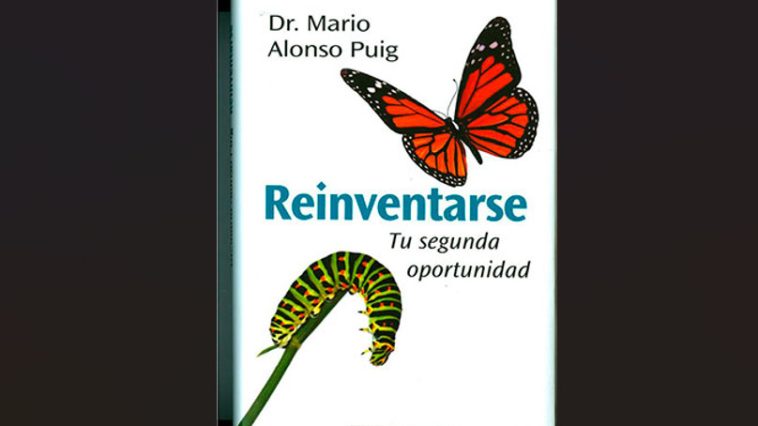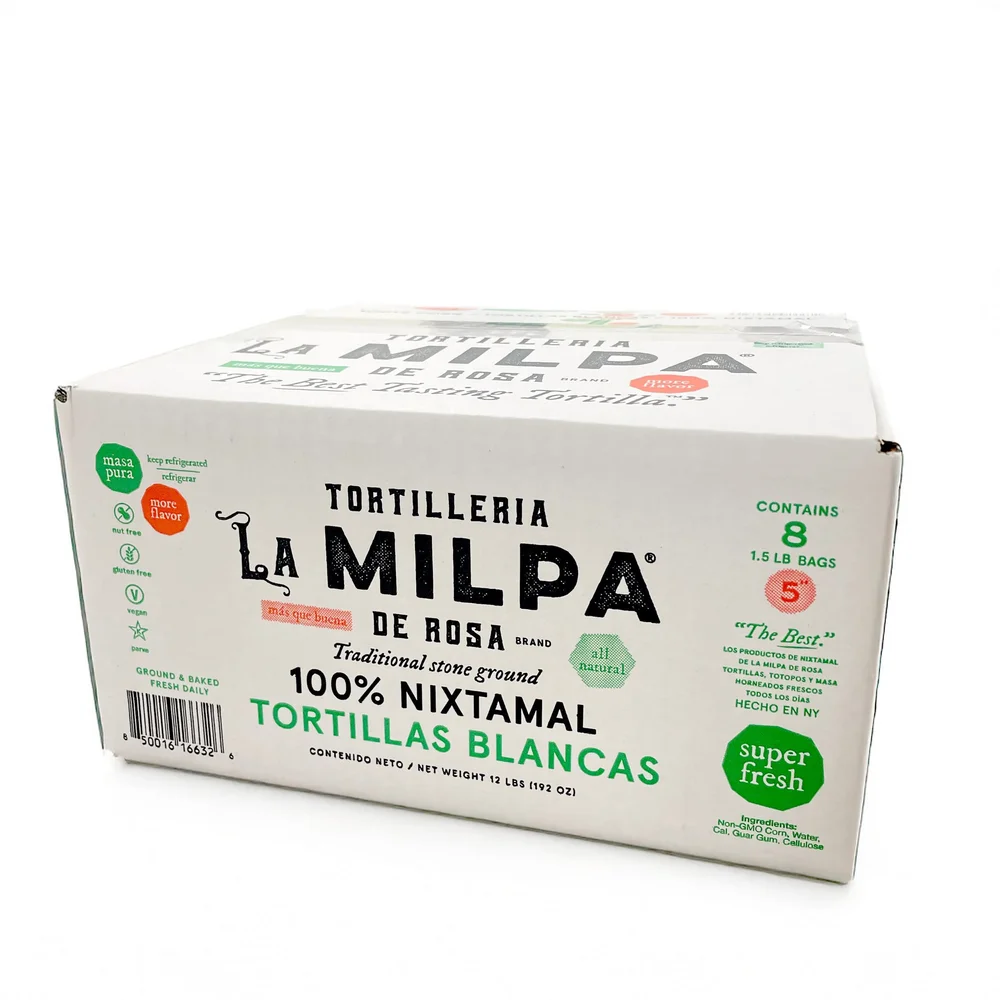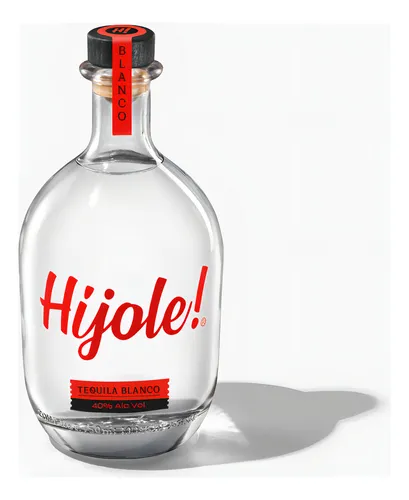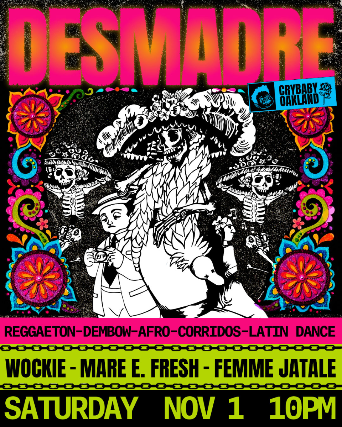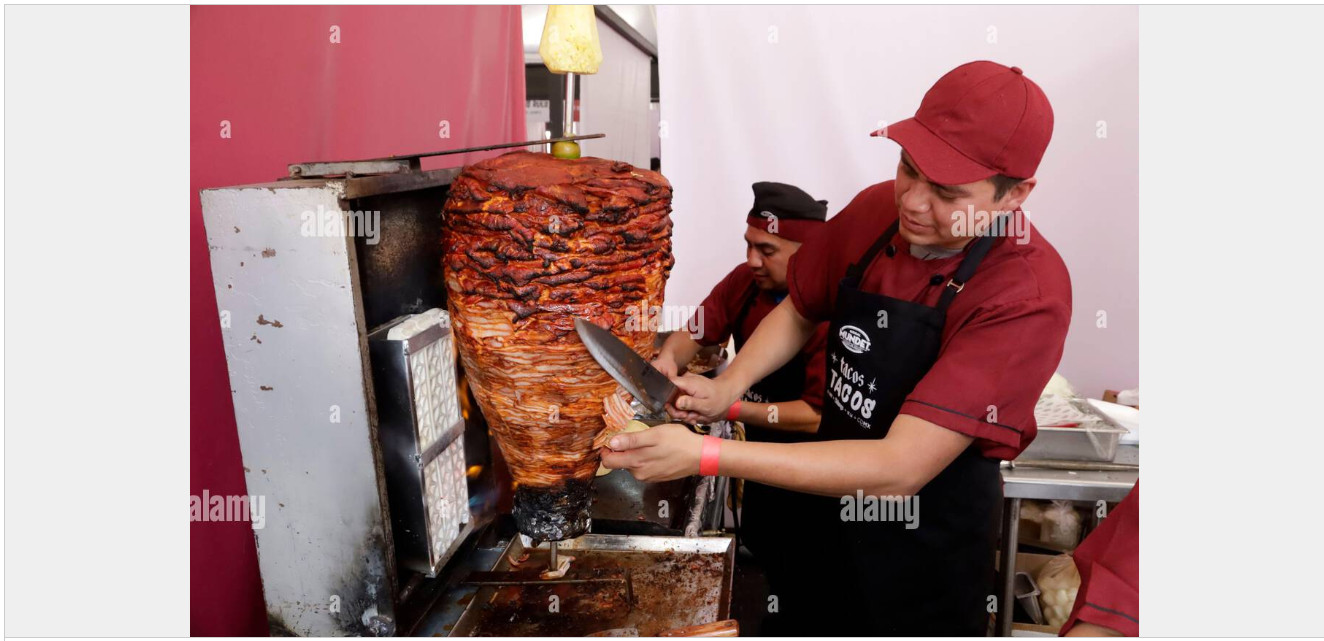SpanishNY
Latest stories
More stories
-
744 Views
in SpanishMasculine Spanish Nouns Ending in “-a” (Including “-ista” Professions)
by
Admin updated
Many students begin learning Spanish with the general rule that nouns ending in “-a” are feminine.This rule is often true… but there are dozens of very common exceptions, especially words of Greek origin, and also profession nouns ending in -ista, which take masculine or feminine articles depending on the person, but the noun ending never […] More
-
713 Views
in Culture, Mexico, Spanish, Table of Expressions, VocabularyBeto, Pepe, Don Goyo, y más — Nicknames and the full names behind them (Updated from 2021)
by
Admin updated
A guide to common Spanish nicknames and diminutives so you don’t get confused Spanish speakers love nicknames. Many formal given names get shortened, changed, or turned into other forms that can be tricky for learners. Across the Spanish-speaking world, people use these nicknames in daily life — at home, at work, and on the street […] More
-
148 Views
in Culture, Spanish, Table of Expressions, Translation, Vocabulary10 Expressions You Don’t Learn in Textbooks
by
Admin updated
Spanish is rich, playful, and full of expressions that even advanced students find mysterious. Many of them don’t mean what the words literally say — and some don’t even make sense if you translate them word by word. Here are ten expressions that many people in Mexico use all the time, with their literal meanings […] More
-
178 Views
in Spanish“Madre” in Mexican Spanish: Many Uses, Many Meanings
by
Admin updated
In Mexican Spanish, the word madre (mother) is not just a family term. It has multiplied into dozens of expressions—some friendly, some rude, some surprising. For any Spanish student, understanding the many ways Mexicans use madre will unlock jokes, conversations, even music lyrics that otherwise seem baffling. Because “madre” is so emotionally charged, Mexicans often […] More
-
50 Views
in Culture, Mexico, Table of Expressions, Translation, VideoThe Secret of Corn: Why Nixtamalization Saved Lives
by
Admin updated
Maíz or corn is central to Mexican history, culture, and daily food. But what many people do not know is that corn by itself does not give the human body much nutrition. If you eat plain corn — just boiled or ground without treatment — your body will absorb almost nothing. It will pass through […] More
-
47 Views
in Grammar, Mexico, Spanish, Table of Expressions, Vocabulary10 Expressions That Are Not Easy to Figure Out – Brincos Dieras
by
Admin updated
Here are ten colloquial expressions that you’ll hear on the street, in songs, and even in movies. Be careful — some of them are pejorative or rude, so it’s important to learn them for understanding, not for repeating in formal situations. Spanish Expression Literal Translation Meaning / English Equivalent Ser solo pantalla To be […] More
-
¡Con ganas!
by
Admin updated
Note: Gana in these examples is not the same as the verb ganar (to earn, to win, to gain) and its nouns ganancia, ganador, etc. When students first hear the word gana, they usually think it means desire or wish. But in reality, gana and its plural ganas appear in many different expressions, some very […] More
-
Híjole: the little Mexican exclamation that has many meanings
by
Admin updated
If you’ve listened to Mexican Spanish for a while, you’ve probably heard a short, breathy sound that comes out on surprise, irritation, admiration or mild defeat. That little word is híjole (sometimes written hijole, sometimes híjoles), and it’s one of those automatic expressions that people use without thinking. The Real Academia defines híjole as a […] More
-
40 Views
in Spanish10 Expressions That Are Not Easy to Figure Out. Desmadre
by
Admin updated
The Spanish you hear on TV in the US is full of expressions that sound confusing for students because their literal meaning has little to do with the real intention. Sometimes these are very colorful, sometimes strong, sometimes playful. They are used every day, and even though they look difficult, once you know them, they […] More
-
43 Views
in Spanish, Table of Expressions, Translation, VocabularyGeneric Names of Animals in Spanish
by
Admin updated
In Spanish, nouns have a gender: masculine or feminine. For students, it can be strange when animals are sometimes “he” or “she” by default. For example, in English we say the spider, and it can be male or female, but in Spanish it is always la araña (feminine). On the other hand, el pez, el […] More
-
117 Views
in SpanishOVNI
by
Admin updated
OVNI looks strange at first sight, but it’s one of those acronyms that became a normal everyday word. In Spanish, OVNI stands for Objeto Volador No Identificado — literally Unidentified Flying Object (UFO in English). What’s interesting is that Spanish isn’t the only language to use OVNI. French, Italian, Portuguese, and Catalán all built the […] More
-
214 Views
in SpanishNames of Some Jobs — Remake 2.0
by
Admin updated
This is an updated and expanded version of an older spanishNY.com post. If you’re learning Spanish, it helps to know both the formal profession names (doctor, abogado) and the local, informal words you’ll hear on the street, in markets, or at small businesses. Below is a large table with many job names, some of […] More


